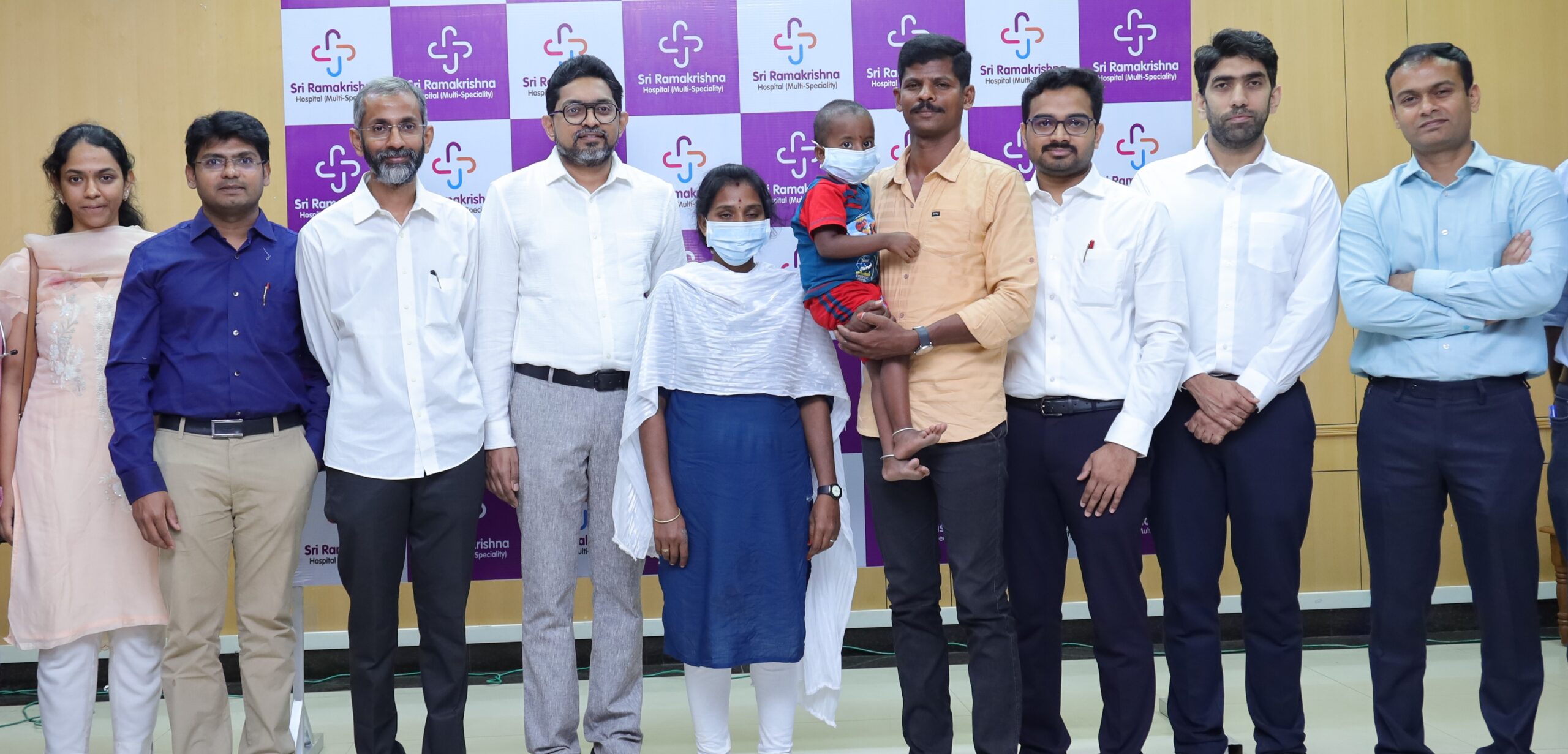Trending Now
- 830 voters names go missing in Kavundampalayam constituency
- If BJP comes to power we shall consider bringing back electoral bonds: Nirmala Sitaraman
- Monitoring at check posts between Kerala and TN intensified as bird flu gets virulent in Kerala
Coimbatore
NET for Engineering admissions: AICTE to told discussions with States
![]() June 19, 2017
June 19, 2017
With the opposition from a few States, the National Eligibility Test for admission to Engineering Course is unlikely in the next year also and there is the possibility of it becoming a reality in 2019-20, a top AICTE official said today.
Though the All India Council for Technical Education (AICTE) has approved a single entrance examination for admission to all engineering colleges from this year, some States have opposed and it has to be deferred, AICTE Chairman Anil D Sahasrabudhe told reporters.
The Council will hold discussions with the State Government on the test and put forward its finer points and advantages to the locals, who will remain top in their respective states and can get entry into IITs also, he said.
Stating that the some governments were apprehensive about the outcome of the entrance test, he said that there will not be any problem to the students, as feared in the examinations on the lines of NEET for admission to MBBS and BDS courses.
“Once the States are convinced, the test will become operational, at least by 2019-20,” Sahasrabudhe, here to participate in the 15th Graduation Day of Sri Krishna College of Engineering, said.
On future initiatives of AICTE, he said that the Council plans to introduce Students Induction Programme, as a measure for confidence building for those coming from the rural background, poor and also studied in local language. “This will help them to get accustomed with other affluent students, who were well versed in English and also in the know of higher education system,” he said.
Similarly, the Council will also introduce Faculty Induction Programme, by which the newly recruited teachers have to undergo certain training for four to six weeks, before they were appointed as full time teachers, he said.
Another initiative the Council was contemplating was to change the nature of question papers, he said.
Instead of customary options given to answer, the students have to write answers for all the questions so that they are able to solve all the problems, as they now now prepare only for the two or three questions, which they expect to appear in the question paper, Sahasrabudhe said.
To a question on the proposed Higher Education Empowerment Regulation Agency (HEERA) the official said that it was in the nascent stage and he did not want to make. Once the draft was ready, it will be debated and discussed among the entire stakeholders, Sahasrabudhe said.























